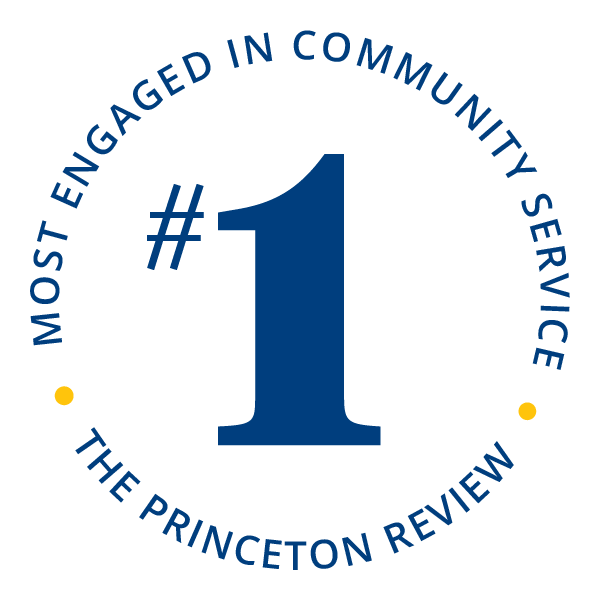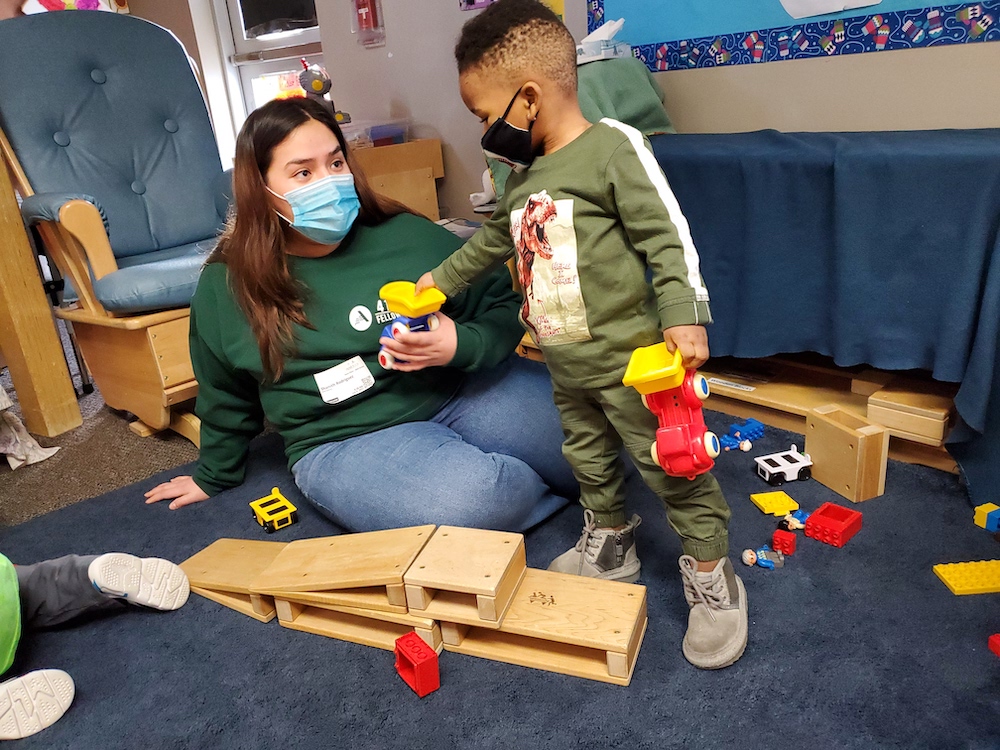Our Mission
Inspired by the values of Father Pedro Arrupe, we cultivate a deep commitment to service in our students, helping them understand and embrace their roles in community to create a more just world. Through immersive and meaningful engagement, we nurture student growth and leadership, foster belonging, dialogue across differences, and form collaborative partnerships with our neighbors in Milwaukee and beyond.
Our History
Since 1994, Marquette University has had a center for community service within the Division of Student Affairs that focused on providing students with opportunities to serve their community - both on and off campus. Key programs included Hunger Clean Up, Make a Difference Day, and S.E.R.V.E. In 2018, the center for community service was awarded an AmeriCorps planning grant, which significantly expanded the staffing and reach into the community. In 2019, the 414 Fellows AmeriCorps program was launched and became a key initiative of the center, along with Marquette Volunteer Corps, Marquette University Day of Community Service, Salud Social and Justice in Action.
In 2022, the Division brought together three other programs under the community service umbrella that included the Burke Scholarship Program, Marquette University Neighborhood Kitchen and the Backpack program. In the summer of 2023, the center was moved into a new space in the AMU and renamed The Arrupe Center for Community Service and Social Responsbility to better reflect the breath and deapth of the work as well as our jesuit mission and roots in social justice. Find out more about the first year of the center HERE.

